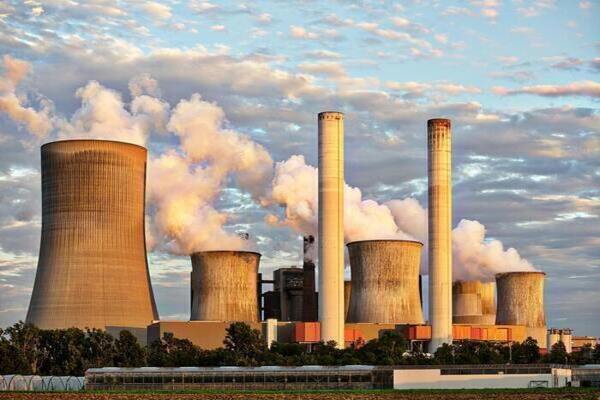South Korea is advancing its renewable energy initiatives with a focus on hydrogen production from biogas. A new commercial agreement has been signed between Utility, a U.S.-based company specializing in eXERO™ gas production technology, and GH EnA, a Korean engineering firm. The agreement supports South Korea’s Hydrogen Economy Roadmap, which emphasizes biogas and hydrogen as tools for achieving carbon neutrality and reducing reliance on imported fossil fuels.
The agreement includes projects to deploy Utility’s H2Gen® reactors in several South Korean locations, including Chuncheon, Taebaek, Hongcheon, Sokcho, Yangyang, Goseong, and Inje. These hydrogen plants will convert biogas into carbon-negative hydrogen for use in commercial transport, heavy-duty vehicles, buses, and passenger cars.
GH EnA will oversee the development of these projects, while Utility will provide the H2Gen reactors along with technical and commercial support. H2Gen reactors use Utility’s proprietary technology to produce hydrogen gas directly from biogas without the need for electricity. The process allows for a smaller footprint, lower capital costs, and a negative carbon intensity (CI) score.
The H2Gen technology simplifies hydrogen production by eliminating the need to upgrade biogas to renewable natural gas (RNG) before reforming it into hydrogen. It also avoids the high energy consumption associated with electrolyzers that rely on renewable electricity. The reactors are modular and scalable, capable of operating on biogas sources from landfills, wastewater treatment plants, and livestock farms.
South Korea’s hydrogen roadmap aims to expand clean hydrogen production and infrastructure. The country is investing in biogas-to-hydrogen projects as part of its strategy to manage organic waste and reduce greenhouse gas emissions. The hydrogen generated from these initiatives will support the decarbonization of the transportation sector and other industries.
Other renewable energy projects in South Korea include offshore wind farms and solar energy installations. The country has also partnered with international companies to develop large-scale renewable projects, including floating wind farms in the Yellow Sea and solar energy systems in rural areas.

